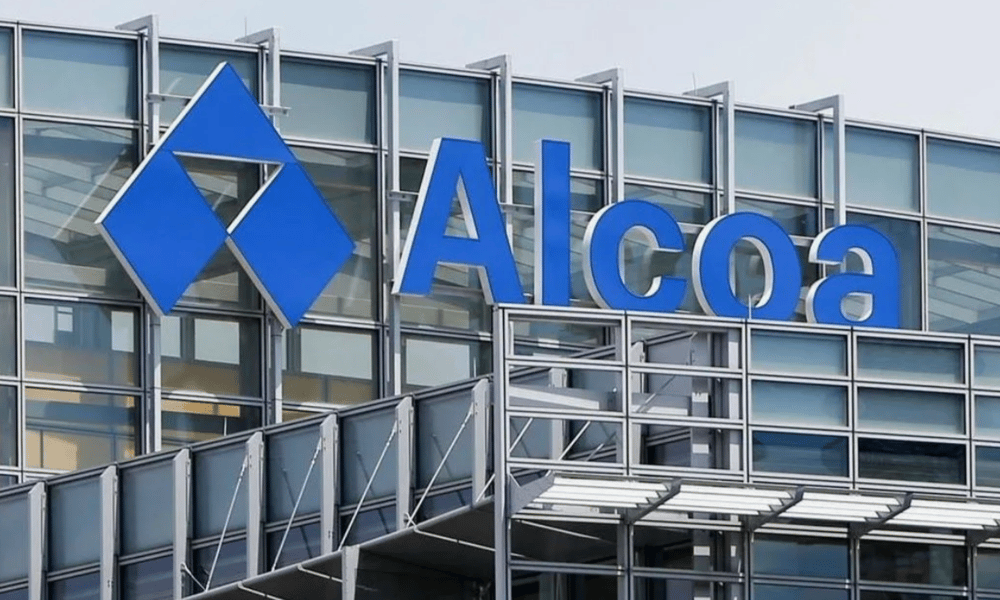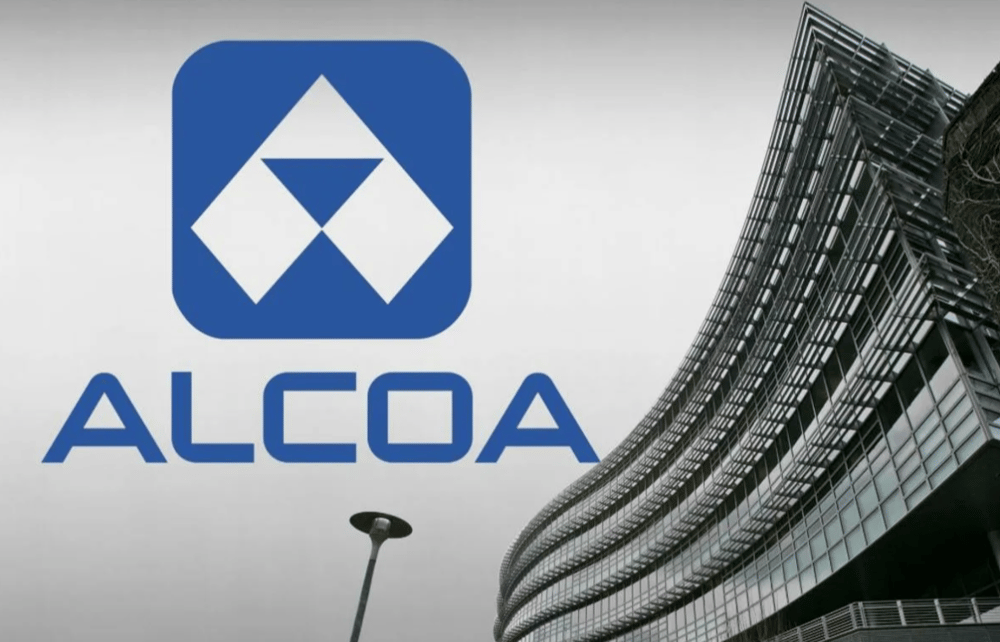Alcoa Faces Tariff Headwinds: How US Trade Measures Reshape the Aluminum Industry
Alcoa $AA, a global leader in the aluminum industry, is facing significant headwinds stemming from recent US tariff decisions. According to company management, newly-imposed tariffs on aluminum imports from Canada are expected to cost the corporation approximately $90 million in the current quarter alone. This development highlights the increasing complexity of cross-border trade between the United States and Canada, casting uncertainty over the future of the aluminum sector as elevated costs reshape the market landscape.
Tariff Policies and Global Competition
Since the beginning of Donald Trump’s presidency, tariffs have become a prominent economic tool for the US, affecting a wide range of imported goods. The aluminum sector has been particularly impacted by a 25% tariff on Canadian products. Alcoa CEO William Oplinger has indicated that about 70% of the company’s Canadian-produced aluminum is destined for US customers, now subject to these additional trade barriers. He noted that the net annual loss for Alcoa’s business, as a result of these tariffs, stands at an estimated $100 million.
Economic Implications for Alcoa and the Industry
Rising tariff-related expenses are putting pressure on Alcoa’s profitability and prompting a reevaluation of its supply chains and logistics. The company must seek new opportunities for cost optimization and increase operational efficiency to navigate increasing market volatility and raw material price fluctuations.
Trade Barriers: Core Effects for the US Aluminum Sector
1. Significant increase in costs for aluminum supply across the US-Canada border
2. Reduced price competitiveness for downstream American manufacturers
3. Escalating operating expenses for producers and end-users of aluminum products
4. Greater uncertainty when planning and signing long-term contracts
5. Heightened pressure on margins and financial performance among industry leaders

Shifting Realities of Global Aluminum Trade
- Stricter tariff measures are creating new challenges for major aluminum exporters and importers
- Companies need to adapt quickly to ever-changing trade regulations and conditions
- The reliability of long-term contracts between partner countries is under scrutiny
- The US market may see increased investment in domestic aluminum production facilities
Strategic Considerations for the Industry’s Future
The ongoing introduction—and occasional repeal—of tariffs is contributing to an unpredictable market environment. For Alcoa and its industry peers, the ability to analyze macroeconomic trends and anticipate future shifts in the global trade landscape is becoming more vital than ever. Evolving trade policies are reshaping the aluminum industry, making resilience in the face of external shocks an essential trait for market leaders seeking to sustain growth.















Comments